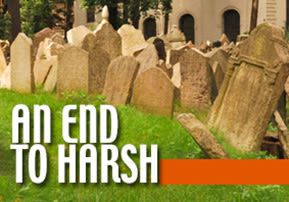
An End to Harsh Decrees
It is impossible to fathom the number of salvations that could be brought about for the Jewish people if we were to indeed respond ‘Amen, Yehei Shmei Rabba…

In 2014, Tisha B’Av has the extra significance of also being the 100thanniversary of the start of World War One.
It’s a lesser known fact that World War One officially began when Germany declared war on Russia on August 1, 1914. That day was also Tisha B’Av, the Ninth of Av on the Jewish calendar, the day both the first and second Temples were destroyed in Jerusalem — as well as other Jewish calamities throughout the ages.
True to the tragic nature of Tisha B’Av, World War One hit the Jews extremely hard.
Two-thirds of all Jews found themselves in a war zone; over a million became refugees and nearly a quarter million were killed in battle. Many Chassidic courts and dynasties were destroyed. And more than 400 pogroms erupted in Russia, Ukraine, Poland and Hungary immediately following the war.
By the end of the war, four major empires — Ottoman Turkey, Czarist Russia, Austria-Hungary and Germany — completely fell and paved the way for the rise of both Communist Russia and Nazi Germany. And both Europe and the Mideast had radically changed with new borders and new countries, leaving many Jews 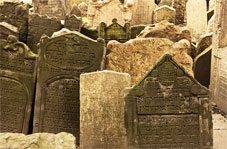 displaced, impoverished and under attack.
displaced, impoverished and under attack.
At the war’s outbreak a century ago, the unarmed and outnumbered Jews in Europe faced unimaginable uncertainty and terror. Why was this happening to them? What was the message from Heaven? What could the Jews of Europe do spiritually to break the harsh decrees and stern judgments against them?
Those answers came in a public letter to the Jews from Rabbi Yisrael Meir Kagan, better known as the Chafetz Chaim.
In that 1914 letter, the Chafetz Chaim begins by addressing the Jews’ concerns:
“The war that has broken out is truly fearsome, affecting every member of the Jewish people both physically and spiritually. There is no doubt Hashem has caused it to happen in order to arouse us to return to him in complete repentance. Therefore we are all obligated to beseech Hashem and pray that He save us…”
The Chafetz Chaim then goes on to prescribe a powerful way for the Jews to help save themselves:
“It is the duty of each one of us to attend the synagogues daily with our children, and to respond, ‘Amen, Yehei Shmei Rabba’ [mentioned in the Kaddish prayer] … for, as the Midrash states, in this way countless harsh decrees are annulled each day.”
The phrase“Amen, Yehei Shmei Rabba” (meaning:May His great Name be universally recognized forever and ever) is the response we say after the prayer leader or mourner recites the first paragraph of the Kaddish prayer. And when we say “Amen, Yehei Shmei Rabba” out loud, in unison and with concentration in a synagogue, we’re making a public sanctification of G-d’s name.
We’re also publicly declaring our emuna that we believe G-d will redeem us swiftly and that the entire world will soon recognize Him.
Perhaps this public expression of emuna and sanctifying G-d’s name is why the Chafetz Chaim’s 1914 letter concludes with this:
“It is impossible to fathom the number of salvations that could be brought about for the Jewish people if we were to indeed respond ‘Amen, Yehei Shmei Rabba…’ in unison every day. In this way, thousands of people could be saved from death[during World War One].” (Michtavei Chafetz Chaim, pp. 167, 169)
Flash forward to a century later.
In many ways, our own time mirrors the World War One era and the period between the two world wars. The European and Middle East maps today look much like the ones redrawn by the First World War. Many European countries still boil with nationalism and violence. Arab countries still erupt with blood thirsty attacks and regime takeovers.
And the pervasive antisemitism of a century ago is back.
Antisemitism once again rages in universities, European parliaments and on the streets. Jewish tombstones are once again vandalized. Synagogues are once again attacked. Angry boycotts, physical assaults against Jews, murder attempts (sometimes successful) and calls to abolish both circumcision and kosher meat once again make headlines. And the Russian forgery, The Protocols of the Elders of Zion, as well as Hitler’s Mein Kampf, are once again bestsellers.
The difference between now and then, though, is we now know where these symptoms of antisemitism can lead to.
Which means the danger around us is real.
It also means the Chafetz Chaim’s World War One prescription is especially potent for our generation during these historic times.
His instruction to go to the synagogue daily and respond “Amen, Yehei Shmei Rabba” so “countless harsh decrees” can be annulled and “thousands of people” can be saved is just as relevant now as it was a century ago.
Today, as current tensions with Russia, Iran, China and a slew of other nations point to another possible global war — in addition to the current Gaza War and as violent antisemitism is back on the rise — we need to take the Chafetz Chaim’s advice.
We need to open the gates of Heaven and help annul the harsh decrees against us.


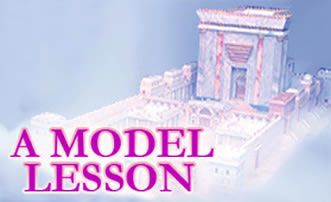
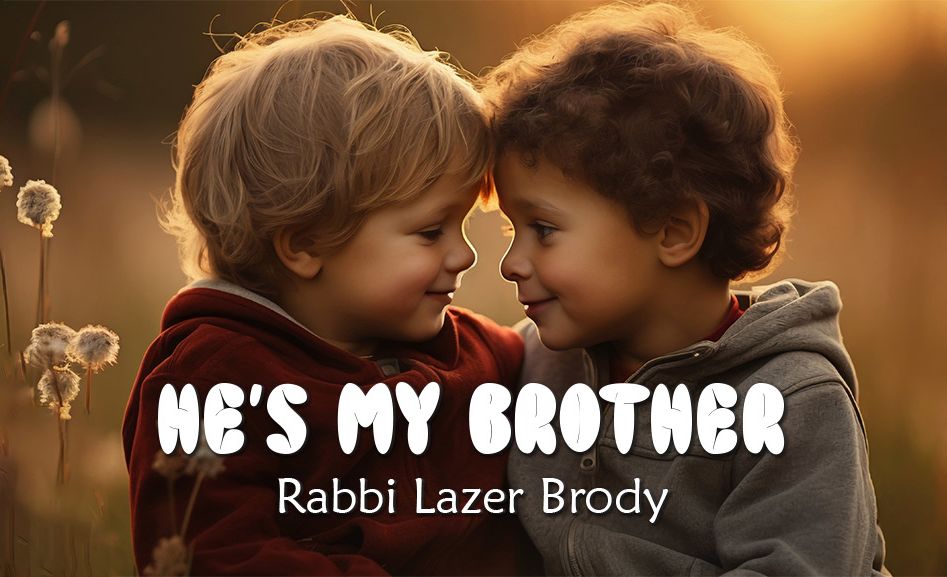
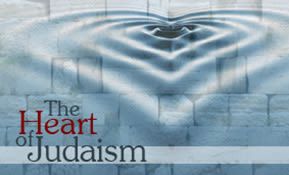
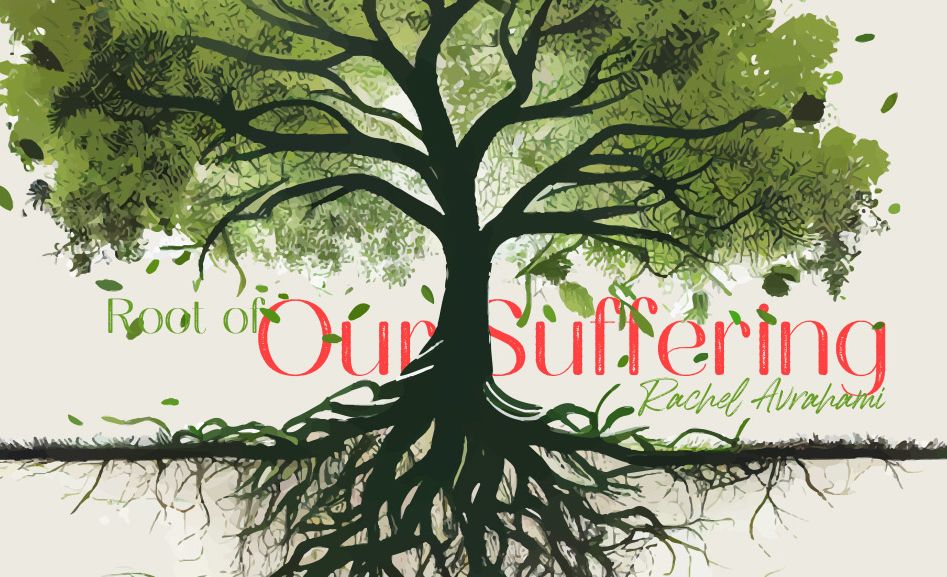




Tell us what you think!
Thank you for your comment!
It will be published after approval by the Editor.